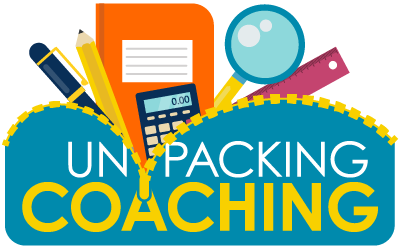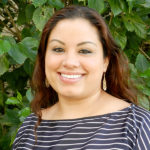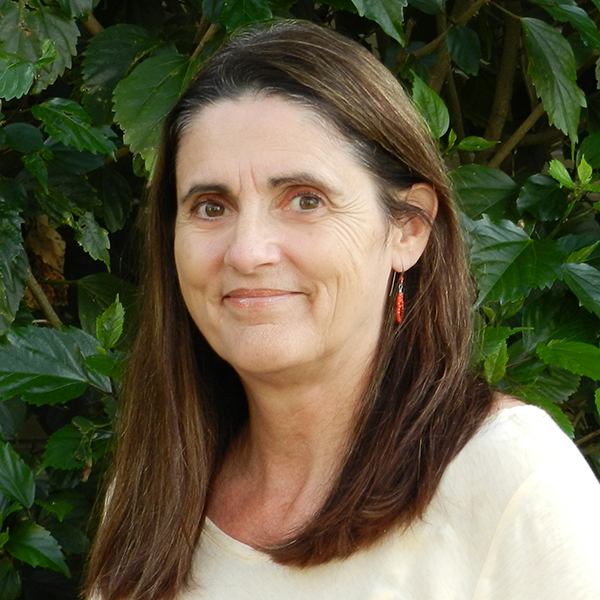Often times coaches are faced with issues of gaining trust and buy-in from practitioners who feel overwhelmed with implementing new skills due to behaviors in the classroom they find challenging. The Behavior Incident Report System (BIRS) was developed by the National Center for Pyramid Model Innovations, and can be used as a coaching tool at the classroom level to support practitioners in understanding the behavior that is occurring in their classroom (e.g frequency, behavior type, motivation and responses to the behavior). This webinar reviews the BIRS, and how it can be used as an effective coaching tool to support practitioners in individual classrooms. Discussions address supports that might be helpful for coaches to use when helping practitioners reflect on the types of supports already present in the classroom, and what may need to be implemented.
Using the Behavior Incident Report System (BIRS) to Support Practitioners Around Children Who Engage in Challenging Behavior

Date:
Dec 11, 2019Time:
12:00 AM(Eastern Time Zone)
Duration:
51 min
Related Resources
- Webinar PPT Handout
- Behavior Incident Report System (BIRS) — Includes Behavior Incident Report System v2.0 Excel Spreadsheet, Behavior Incident Report Form, Behavior Incident Report Instructions, and BIRS Data-Based Decision-Making Guide
- BIRS Data Entry Guide
Certificate Info
Certificate of Attendance
A downloadable certificate is available for both live and recorded webinars. To receive the certificate, you must fill out the evaluation survey.How to access the survey:
Live participants: You will receive an email after the webinar with the link to the survey. Recording viewers: The URL link for the survey will be displayed at the end of the webinar. You will need to type that URL into your internet browser to access the survey and certificate. Note: Type the URL exactly as you see it. URL is CASE SENSITIVE. Once you submit the survey, the certificate will appear. You can then save and/or print your certificate.NCPMI Presenter(s)

Mary Louise Hemmeter
Vanderbilt University
Mary Louise Hemmeter, PhD, is a professor of Special Education at Vanderbilt University. Her research focuses on effective instruction, social emotional development and challenging behavior, and coaching teachers. She has been a PI or Co-PI on numerous projects funded by the US Departments of Education and Health and Human Services. Through her work on the National Center on the Social Emotional Foundations for Early Learning and IES funded research projects, she was involved in the development of the Pyramid Model for Supporting Social Emotional Competence in Young Children and a model for coaching teachers to implement effective practices. She is currently the PI on an IES funded development project around program wide supports for implementing the Pyramid Model and a Co-PI on an IES efficacy study examining approaches to supporting teachers to implement embedded instruction. She was co-editor of the Journal of Early Intervention and President of the Council for Exceptional Children’s Division for Early Childhood. She received the Mary McEvoy Service to the Field Award.

Myrna Veguilla Figueroa
University of South Florida
Myrna Veguilla Figueroa, MSMS, MPH is a Senior Social & Behavioral Researcher in the Department of Child and Family Studies in the College of Behavioral and Community Sciences of the University of South Florida in Tampa. Her work includes evaluation activities for the National Center for Pyramid Model Innovations (NCPMI) and the Early Childhood Technical Assistance Center (ECTA Center), supporting research and development teams on funded projects examining Pyramid Model implementation, as well as developing data tools and guiding programs in their use of data. She is currently pursuing her Ph.D. in Curriculum and Instruction with a concentration in Measurement and Evaluation at the University of South Florida.
Guest Presenter(s)

Jolenea Ferro
University of South Florida
Jolenea Ferro is an Associate Professor in the Department of Child and Family Studies and the Training Director for the Florida Center for Inclusive Communities at the University of South Florida. She has a PhD, in special education from the University of Florida and is a Board Certified Behavior Analyst – Doctoral. Her research and practice are focused on developing interventions and supports for learners with severe behavior problems and applications of both targeted and individualized behavioral support for young children. She has trained and coached early childhood professionals in community settings, Head Start, and school-based programs. In addition, she guides and coaches preservice teachers in the implementation of evidence-based practices and individualized interventions.


